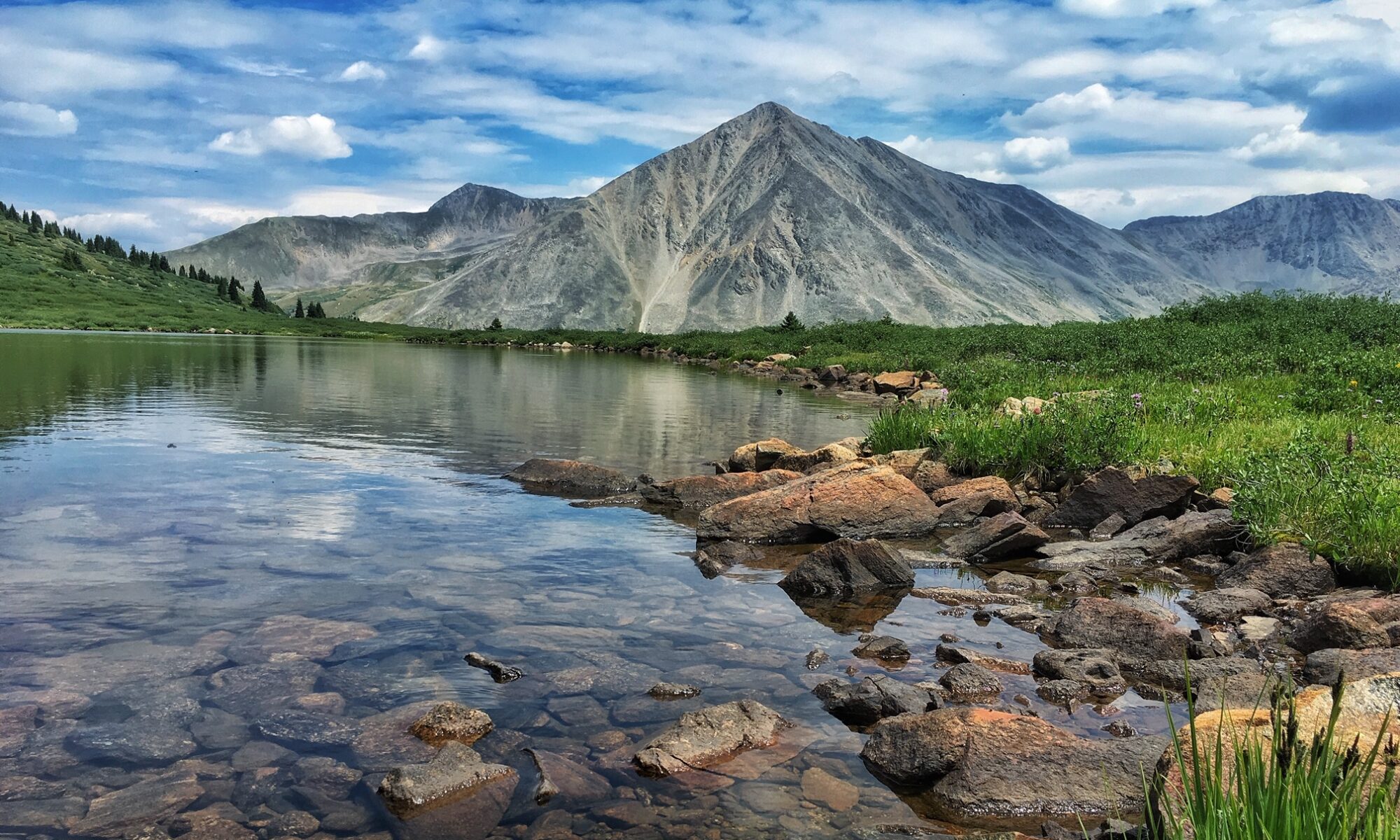The first thought of a fly fisher as the river water pours over the top of the waders is losing his or her fly rod.
No, no, no!
The first bodily response to the 55-degree water is hyperventilation, muscle spasms, an adrenaline burst. The next thought, Oh god! And then, again: Rod!
It’s late summer. Steve (my podcast partner) and I inch single file and thigh deep against the heavy current, fly rod in one hand and the other on the scrub brush and rocky ledge on the river’s edge. We have no business wading the ruthless currents of the Yellowstone. No matter how low it seems this time of year. Up ahead fifty yards is a stretch we’ve never fished before. We’re almost there. We make it and start to cast. It’s hopper season, and the cutthroat are naive.
Within a half hour, Steve has moved about 50 yards above me, hidden behind a rock outcropping the size of a small car. I am in the middle of a side channel, casting downstream. I shift my weight too quickly, stumble, and start to flail downstream.
It’s said that drowning is a silent affair. I thrash in solitude and in silence and tumble for what seems to be a hundred yards. It’s probably only ten. I roll over onto some gravel in shallow water and spy my fly rod another five yards downstream, caught on some dead fall. I make it to my knees and lurch forward to grab the rod. It’s still whole.
I gather myself on the sandy bank. I still can’t see Steve.
Re-rigged and Chastened
An immersion in the Yellowstone even on a warm afternoon in late summer is like a surprise bucket of Gatorade after a playoff win. I peel off my waders to empty the water out of my boots and then twist and pull the entire sopping apparatus back on. Chilled and chastened, my adrenaline ebbing, I re-rig my rod and head back into the river. I mention my baptism later when I catch up to Steve, but oddly, not until years later do we discuss the danger of the moment.
On that day, had I drowned, Steve may have not known I was missing for another hour or more. I’m sure my body would never have been found, given how far into the back country we had hiked.
It’s also said that fly fishing is no extreme sport, and I am a physical testimony to that. I couldn’t do anything extreme. For a lifetime, though, I have tromped around in what’s called the great outdoors. That day on the Yellowstone, I had a bit of God’s luck, as some of my father’s cronies call it. Others have not been as lucky.
Last fall in Montana, a fly fisher succumbed to an assaulting current on the Boulder River, which is not much wider than a city street in some places. His fiancée was nearby, and I wonder if she had her back turned to the river or whether she saw him fall, watching as he made his last cast right before the river knocked him downstream. They say he likely struck his head on a submerged boulder, as he struggled to gain his footing.
His body was never found. The locals say it is probably at the bottom of one of the deeper pools on a stretch where the river cascades about a hundred yards downstream.
Almost two months later, Steve and I stopped by Fourmile Campground where the fly fisher had slipped. We had fished all day about a mile below the area. At the exact spot where he ostensibly fell in, the river didn’t seem that all that intimidating, though the current was likely much faster two months earlier. I’m not sure what compelled us to stop.
Maybe as moment of silence for someone who had succumbed to the wild places.
Gift and Risk of Fly Fishing
Drowning while fly fishing is always possibility.
Even with all the disciplines that fly fishers put into place (no wading above the knees or fishing only with a partner or always using a wading staff), the moment we step outside our trucks and into the river, we add to our day a new element of risk. I accept, and maybe even enjoy, the risk that comes with life in the outdoors.
As spring arrives, however, and I anticipate more days on the river, I am reminded once again that fly fishing is both a gift and a risk. Life is truly fragile.




